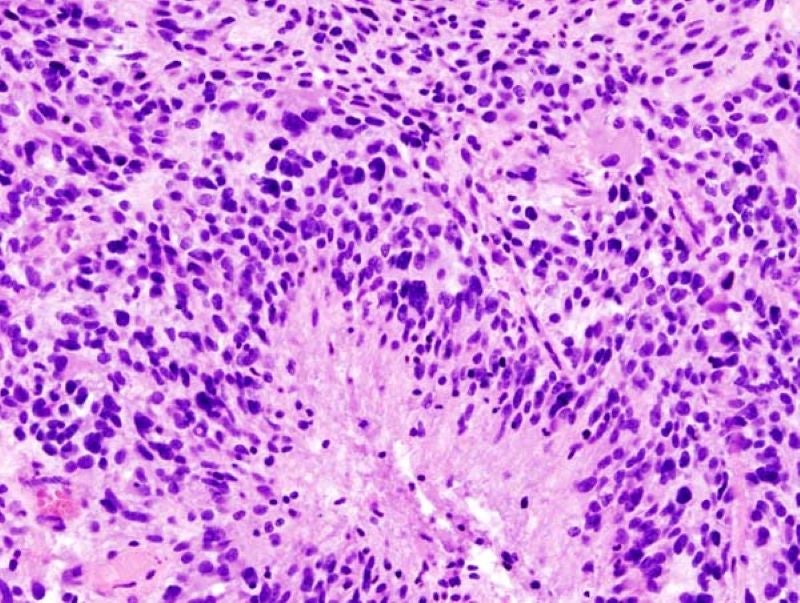
Shuttle Pharmaceuticals has engaged the clinical research organisation (CRO) Theradex Oncology to prepare for its upcoming Phase II clinical trial of Ropidoxuridine to treat glioblastoma, a brain tumour.
Theradex will offer assistance for Shuttle in its meetings with the Food and Drug Administration (FDA) and to prepare the Investigational New Drug (IND) application for the anticipated trial of Ropidoxuridine and radiation therapy (RT).

Discover B2B Marketing That Performs
Combine business intelligence and editorial excellence to reach engaged professionals across 36 leading media platforms.
Shuttle intends to make the final filing of the IND application with the regulatory agency in the second quarter of next year.
A lead product candidate of the company, Ropidoxuridine is a clinical-stage, orally available halogenated pyrimidine (5-iodo-2-pyrimidinone-2-deoxyribose).
It has robust cancer radiation-sensitising effects.
The data from a Phase I trial of Ropidoxuridine and RT backs the proposed Phase II trial under which the FDA will assess the efficacy to treat glioblastoma.

US Tariffs are shifting - will you react or anticipate?
Don’t let policy changes catch you off guard. Stay proactive with real-time data and expert analysis.
By GlobalDataRopidoxuridine has received approval from the FDA for orphan-drug designation to treat glioblastoma.
Shuttle Pharmaceuticals CEO Dr Anatoly Dritschilo said: “We are excited to advance our regulatory work with Theradex as we accelerate the development of Ropidoxuridine for the treatment of brain tumours.
“Theradex’s expertise in regulatory and statistical design is particularly helpful in meeting FDA requirements and providing guidance in study design and statistical support for the clinical trial.”
For over thirty years, Theradex has been offering complete oncology trial services in Europe and the US.
Nearly 800,000 US patients receive radiation therapy for cancer every year.
Approximately half of them are treated for curative purposes while the rest receive therapeutic care, according to the American Cancer Society and the American Society of Radiation Oncologists.
The 400,000 individuals treated for curative purposes provide a market potential for radiation sensitisers, which is predicted to expand by over 22% over the coming five years.





